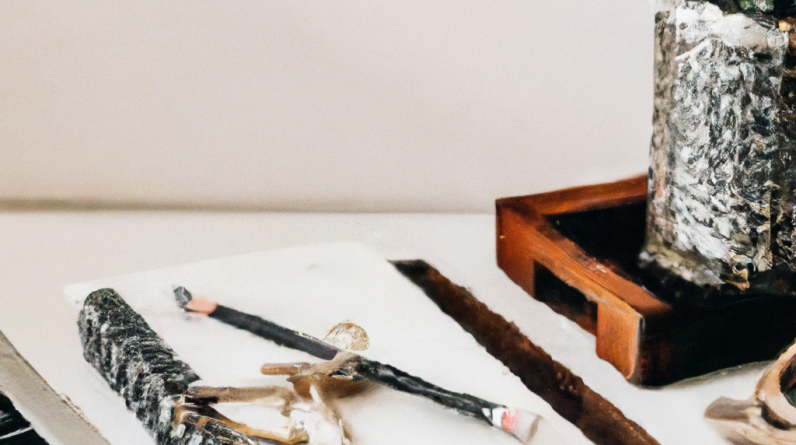
In a world where consumerism and materialism often dominate our lives, the concept of minimalist living has gained significant traction. It’s not just about decluttering physical spaces; it’s a mindset that encourages intentional choices and prioritization of what truly matters. Minimalist living isn’t merely a trend; it’s a philosophy that can lead to a more fulfilling and balanced existence. This article delves into the essence of minimalist living, its benefits, and practical steps to adopt this lifestyle.
Understanding Minimalist Living
Minimalist living is a deliberate choice to simplify one’s life by focusing on what adds genuine value and joy. It involves letting go of excess possessions, reducing clutter, and cultivating a mindset of contentment. The philosophy extends beyond the physical realm, encompassing emotional, mental, and even digital spaces. At its core, minimalist living is about shedding the unnecessary to make space for the essential.
Benefits of Minimalist Living
- Reduced Stress: A cluttered environment often leads to mental clutter. By decluttering and simplifying your surroundings, you can create a peaceful and calming atmosphere that promotes relaxation and reduces stress.
- Enhanced Focus: A minimalist lifestyle encourages you to concentrate on a few key activities or possessions that truly matter. This can lead to improved productivity, creativity, and a deeper sense of purpose.
- Financial Freedom: Cutting down on unnecessary purchases can lead to significant savings. Minimalist living helps you distinguish between needs and wants, enabling better financial management and the opportunity to invest in experiences rather than things.
- Improved Well-being: The pursuit of material possessions can sometimes result in a constant yearning for more. Minimalist living shifts the focus to experiences, relationships, and personal growth, leading to a higher overall sense of well-being.
- Environmental Impact: Consumerism contributes to environmental degradation. By consuming less and making conscious choices, minimalists reduce their carbon footprint and promote sustainability.
- Clarity and Mindfulness: A minimalist lifestyle encourages you to live in the present moment. With fewer distractions and commitments, you can develop mindfulness and a deeper appreciation for life’s simple pleasures.
Embracing Minimalism: Practical Steps
- Declutter Your Space: Begin by assessing each area of your living space. Keep only the items that hold value or bring you joy. Donate, recycle, or sell the rest. Remember, quality triumphs over quantity.
- Mindful Consumption: Before making a purchase, ask yourself if the item aligns with your values and serves a genuine purpose. Avoid impulse buying and opt for well-considered choices.
- Digital Detox: Minimalism isn’t limited to physical possessions. Unsubscribe from unnecessary email lists, declutter your digital files, and limit time spent on social media to reduce digital noise.
- Prioritize Experiences: Invest in experiences that create lasting memories. Travel, spend time with loved ones, engage in hobbies, and explore new activities that enrich your life.
- Streamline Your Wardrobe: A minimalist wardrobe consists of versatile, high-quality pieces that you love to wear. Clear out clothes you no longer wear and aim for a capsule wardrobe that simplifies daily decisions.
- Practice Gratitude: Regularly reflect on the things you’re grateful for. This practice cultivates contentment and reduces the desire for more material possessions.
- Letting Go of Emotional Baggage: Minimalist living also involves letting go of emotional baggage, grudges, and negative thought patterns. This mental decluttering can lead to emotional freedom.
Challenges and Misconceptions
Minimalist living isn’t without its challenges. Letting go of sentimental items, overcoming societal pressure to accumulate possessions, and adjusting to a new mindset can be difficult. Additionally, minimalism is often mistaken for deprivation, when in reality, it’s about abundance in the things that truly matter.
In Conclusion
Minimalist living is a journey toward a more intentional, fulfilling, and balanced life. By embracing simplicity and letting go of excess, you can create space for what truly matters – meaningful relationships, personal growth, and memorable experiences. This lifestyle shift isn’t about giving up comfort or luxury; it’s about gaining clarity and focusing on the essence of life. As you embark on this path, remember that minimalism is a personal journey, and the ultimate goal is to find what works best for you, leading to a life enriched by purpose and contentment.







